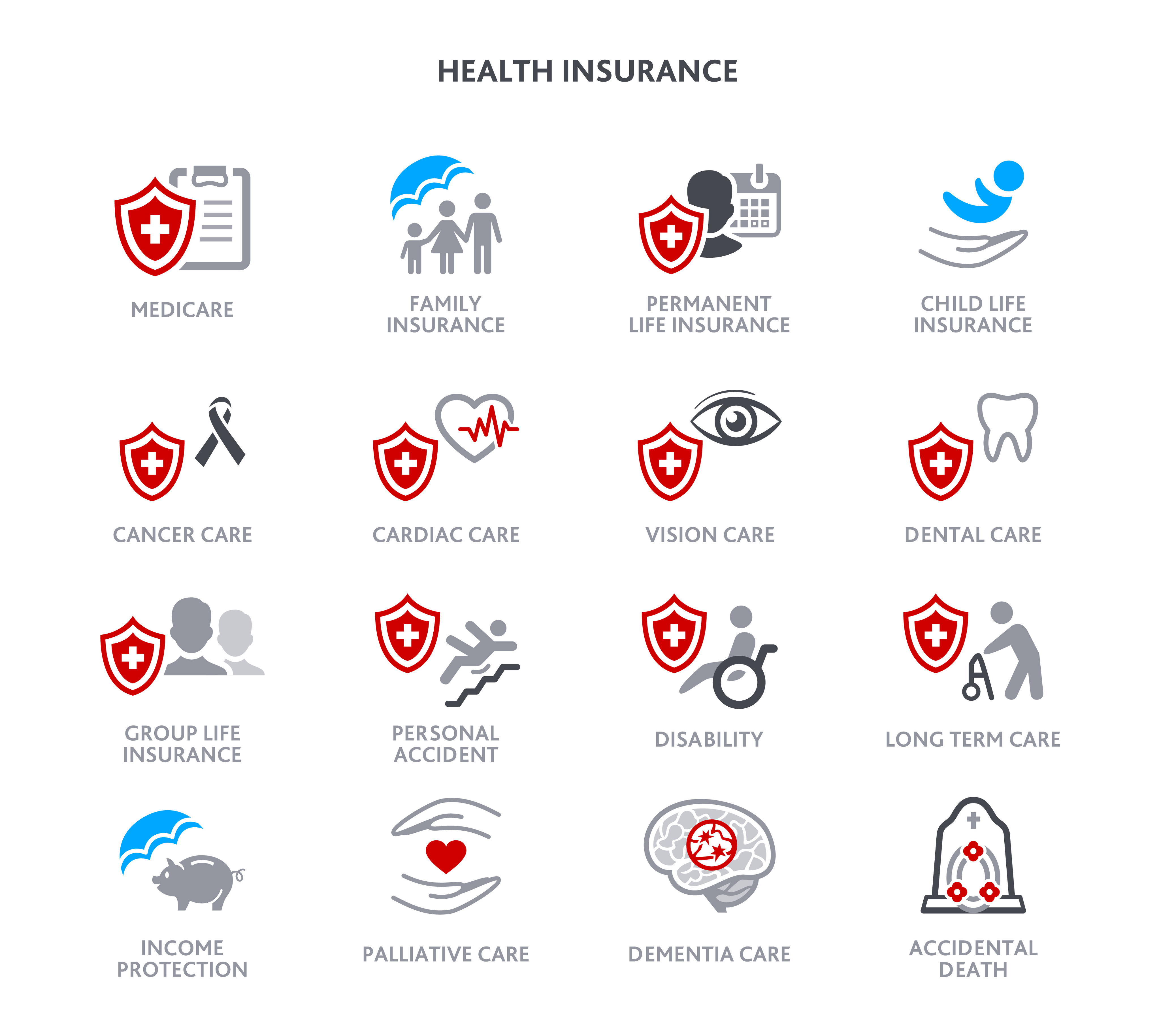
In many states certain kinds of insurance are compulsory. In some locations that is not the case. Additionally the cost of insurance and the type of coverage provided vary widely from country to country. But the fundamental principle of insurance—sharing risk—remains the same.
Naturally, the more property a person owns, the more he has to lose. Similarly, the more family responsibility a person has, the greater the impact if he or she dies or becomes physically disabled. Having insurance can alleviate one’s concern about the possibility of suffering a loss of property or a disabling accident.
Yet, is it wise to spend money on insurance even though a claim may never be made? Well, is keeping a spare tire in the car a wasted investment, even if the tire is never needed? The sense of security to the car driver may make the expense of the extra tire worthwhile. While financial compensation cannot make up for certain losses, it may compensate for other losses.
What types of loss do insurance policies cover?
Types of Insurance
Much of the insurance purchased by individuals falls into the categories of property, liability, health, disability, and life insurance.
Property insurance: Insuring against the loss of property—home, business, car, or other possessions - is among the most common forms of risk management.
Some home-insurance policies include coverage of certain items inside the home. If you buy this type, it is wise to make an inventory of your insured household possessions, if possible including photographs or a videotape. This inventory along with any appraisals or purchase receipts for the items should be kept in a safe location outside the home. Having these records could make settling a claim much easier.
Liability insurance: Anyone who drives a car, owns a home or other real estate, operates a business, or employs others runs the risk of liability for an accident. And that accident may result in property damage or injury or death to another person. The car driver or the owner of property or a business may become liable to pay for property repair or for the medical treatment or even the pain and suffering of another. In many countries employers and drivers are required by law to carry liability insurance to help pay these expenses. Even where insurance is not a legal requirement, a driver, property owner, or employer may be held legally or morally responsible to help victims of an accident or their families.
Health insurance: Some individuals, therefore, obtain additional private insurance to help them pay the remainder. In many places workers may receive health insurance as a condition of their employment.
Some health-care plans, including managed care arrangements and health maintenance organizations (HMOs), provide comprehensive medical care for a set monthly or annual fee. These organizations endeavor to lower costs by providing less-expensive medical care and by promoting preventive medicine. However, in an HMO, a patient’s choice of doctors or treatment may be more limited than with traditional health insurance.
Disability insurance and life insurance: Disability insurance provides some income if a person is injured and cannot work. Life insurance provides financial assistance to a person’s dependents in case of his or her death. Such insurance has enabled many families to pay off outstanding debts and carry on their routine of life after the injury or the death of their main breadwinner.
Here are some helpful tips to consider while shopping for insurance:
-
Shop based on the plans value for YOU not just price.
-
The purpose of health insurance is to make sure you don't create a financial hardship on those you love in the event you need medical attention.
Rule of Thumb: Never risk more than you are willing to lose.
2. Understand the reasons for policy pricing
- Reasons for a lower monthly premium
-
-
Higher deductible
-
Higher maximum out-of-pocket cost (OOP)
-
Higher coinsurance (i.e 50/50 instead of 80/20)
-
-
Reasons for higher monthly premium
-
Lower deductible
-
Lower maximum out-of-pocket cost
-
Lower coinsurance
-
Rule of Thumb: Look before you leap.
3. Understand your plan benefits.
-
Short-Term medical (STM)
-
Made to handle emergencies not preventative care
-
Not ACA compliant
-
Generally for healthier individuals and families
-
-
Doctor and Hospital indemnity
-
Built to handle doctor and hospital visits
-
Pays specific dollar amount for certain treatments and visits
-
Can be combined with STM to limit out of pocket cost
-
For more personalized information on if insurance is the right option give one of our licensed agents a call at 312-726-6565.

Comments
0 comments
Please sign in to leave a comment.